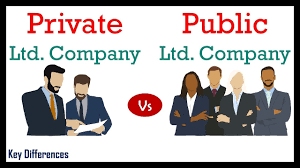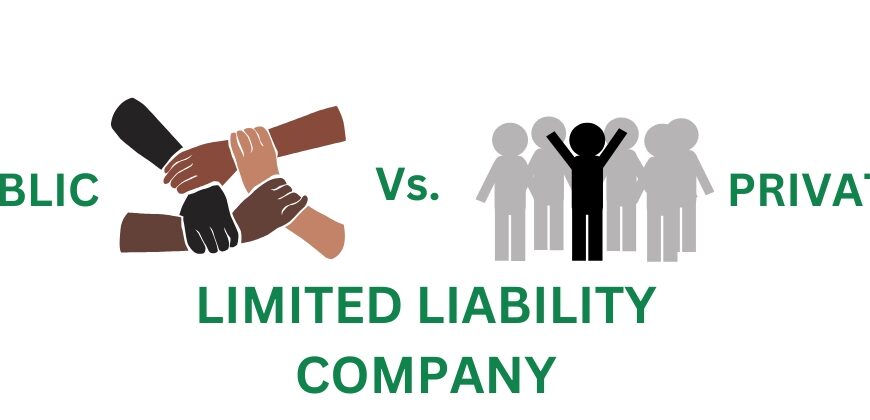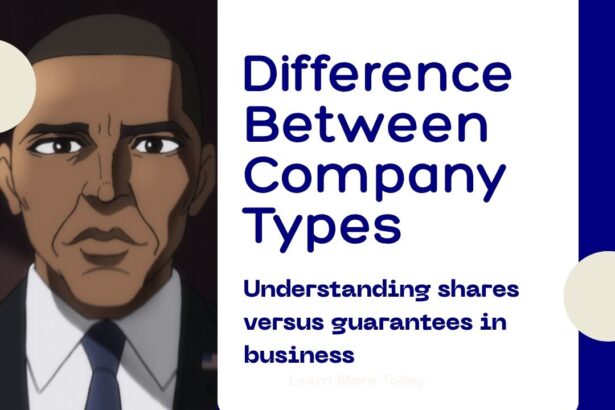The difference between a public and private limited liability company in Nigeria is an essential topic for entrepreneurs and business professionals looking to establish or invest in a business within the country. Understanding the distinctions between these two types of companies can help in making informed decisions about company formation, compliance, and strategic growth.
What is a Limited Liability Company?

A limited liability company (LLC) is a legal entity where the liability of its members is limited to their shares in the company. In Nigeria, companies are classified into two main categories: public limited liability companies (PLC) and private limited liability companies (LTD). Each type has its unique features and legal obligations.
Difference Between a Public and Private Limited Liability Company in Nigeria

Here are the major distinctions between the two:
1. Ownership Structure
– Private Limited Liability Company (LTD)
A private limited company is owned by a small group of individuals, usually family members, friends, or business partners. The number of shareholders is restricted to a maximum of 50 under Nigerian law, and shares cannot be offered to the public.
Example: A family business operating in manufacturing.
– Public Limited Liability Company (PLC)
In contrast, a public company can offer its shares to the public and has no limit on the number of shareholders. It is often listed on the Nigerian Stock Exchange (NGX).
Example: A large corporation like Dangote Cement Plc.
2. Capital and Fundraising
– Private Limited Liability Company
Fundraising is limited to private sources, such as contributions from friends, family, or venture capital. Private companies are not allowed to issue shares or securities to the public.
– Public Limited Liability Company
Public companies have access to broader funding opportunities, including Initial Public Offerings (IPOs), share issuance, and public bonds. They are heavily regulated to ensure transparency and protect investor interests.
3. Regulatory Compliance
– Private Limited Liability Company
Private companies have fewer regulatory requirements. They are not obligated to publish their financial reports or hold annual general meetings open to all shareholders.
– Public Limited Liability Company
Public companies are subject to stricter regulations by the Corporate Affairs Commission (CAC) and the Securities and Exchange Commission (SEC) in Nigeria. They must disclose their financial reports annually and conduct shareholder meetings.
4. Transferability of Shares
– Private Limited Liability Company
In a private company, shares are not freely transferable. The transfer often requires approval from other shareholders or adherence to specific company articles of association.
– Public Limited Liability Company
Shares in a public company are freely transferable and traded on the stock exchange, making it easier for shareholders to exit or liquidate their holdings.
5. Control and Decision-Making
– Private Limited Liability Company
Since private companies have fewer shareholders, decision-making tends to be quicker and more streamlined. This structure suits smaller businesses.
– Public Limited Liability Company
Public companies, with numerous shareholders, have more complex governance structures. Decisions often require broader consensus, making the process longer but more democratic.
Benefits of a Private Limited Liability Company:
– Greater control over the business
– Lower compliance costs
– Privacy in financial dealings
Benefits of a Public Limited Liability Company:
– Access to significant capital through public markets
– Enhanced credibility and public image
– Opportunity for rapid growth and diversification
Choosing the Right Company Structure
Deciding between a public and private limited liability company depends on the business’s goals, size, and growth ambitions. Small to medium-sized businesses typically benefit from a private structure, while larger organizations with expansive growth plans often lean towards becoming public companies.
Conclusion
Understanding the difference between a public and private limited liability company in Nigeria is essential for choosing the best structure for your business. While private companies offer simplicity and control, public companies provide opportunities for significant growth and capital access. Assess your business goals and consult legal or financial experts to make an informed choice.
For more information on How to Start These Businesses: WhatsApp David(Customer Support) 08032371969 or click on the link to chat him directly.
Join our Sub Agent Team for flexible work schedules to increased earning potential. https://docs.google.com/forms/d/1hO–8IhlCkxiWAK16-Dsq2LgPSTQk3brxDttk9X2bi0/prefill




One thing I always admire about your blog is the authenticity you bring to each piece. It’s refreshing in an online world full of noise.
I find myself reflecting on your posts long after I’ve read them. That lasting impression is the mark of a great writer.